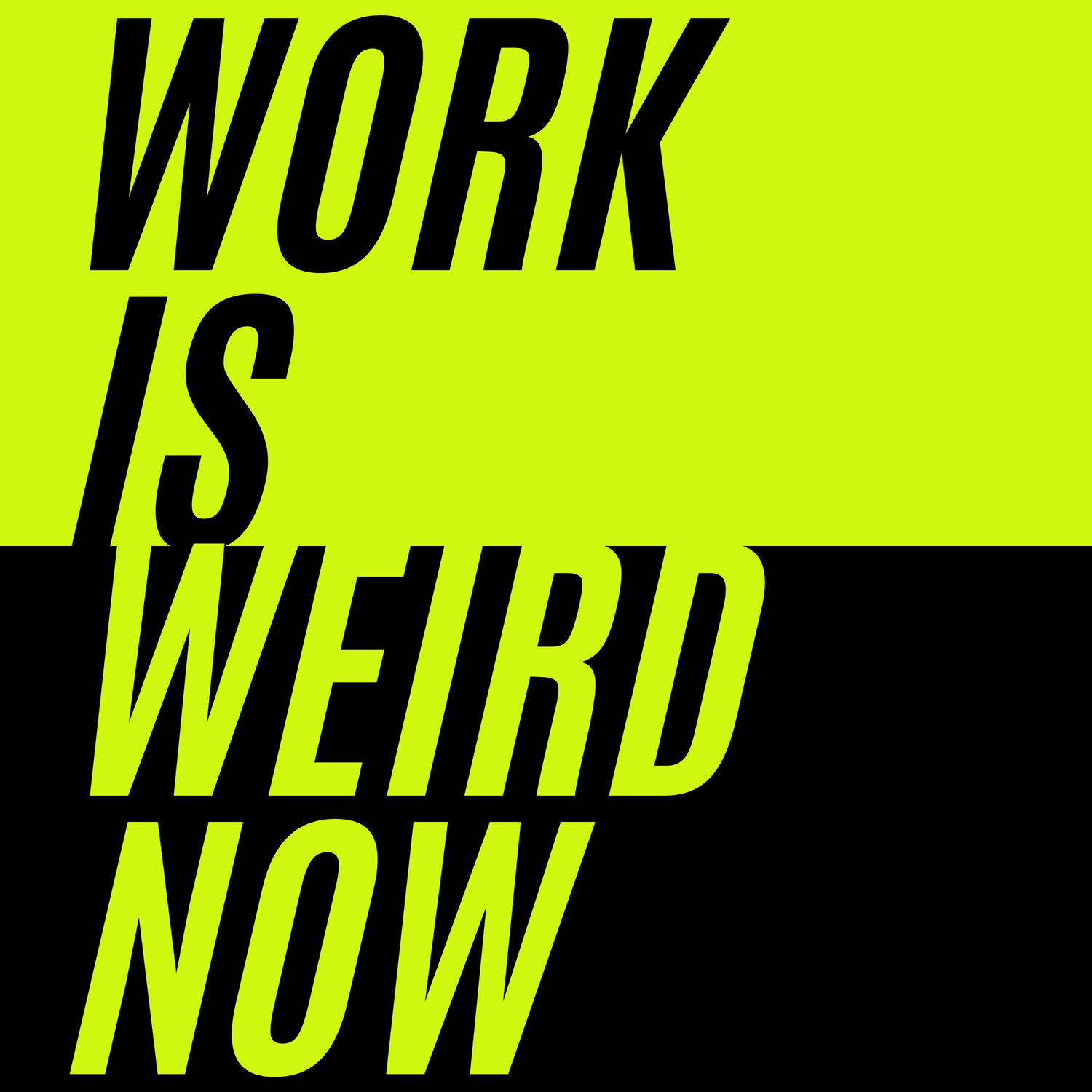How do we achieve financial wellbeing?
With Chris Budd, founder of Ovation Finance, author of The Eternal Business and The Financial Wellbeing Book, and founder of the Institute for Financial Wellbeing
If you’ve ever been told to fix your money before you think about your life, this episode flips that on its head. Author Chris Budd argues that true financial wellbeing isn’t just budgeting and debt—it’s the lived relationship between money and happiness. In fact, as Chris puts it: “The relationship between financial well-being and happiness… there isn’t one, it’s the same thing.”
The big idea
Most of us “start in the wrong place.” We obsess over plans, pensions and pay rises—then later ask how to be happy. Chris’s three-step reframing:
Start at Step Two: What’s going to make me happy? What gives me wellbeing?
Know thyself: Turn that into your personal version of meaning, purpose and internal self-worth.
Then build the financial plan that funds it.
His point lands with a brilliant yacht test: if you want a boat so people see you with a martini at 6pm, “your sense of self-worth only occurs as long as somebody is looking at you.” Want it for time with family and community? That’s internal self-worth—and it lasts.
Why “money first” keeps failing
Chris explains set-point theory—our wellbeing tends to return to a baseline after highs and lows. Research he cites suggests roughly:
50% inherited temperament
10% circumstances (e.g., income, postcode)
40% actions and attitudes
So if employers or we ourselves only focus on the 10% (money mechanics), we miss the 40% that really moves the needle: behaviours, choices and how we relate to money and meaning. Cue his zinger: “Retail therapy is not a good thing.”
What great financial wellbeing feels like
It’s disarmingly simple: “The main thing is that you’re not thinking about money.”
When your money supports your purpose, it stops shouting for attention.
Chris shares two client stories to make it real:
The windfall and the void: Someone with millions in the bank felt bereft after a big life change—proof that cash can’t replace purpose.
The history teacher: A high-paid MD living away from his family four nights a week realised—via cash-flow planning—he could retrain, take a lower salary, and get his evenings with the kids back.
Practical habits that actually help
Chris is delightfully low-tech and very human about this stuff:
Audit your spending (on paper): Print statements (yes, really) and circle what actually brought joy or wellbeing. Ditch the rest—especially the zombie subscriptions.
Automate your future self: Tiny, regular transfers to an emergency pot. Make the “good choice” the default.
Build a delay: Add to basket, wait 48 hours. Or use the “two-week rule” he used with his kids: if you still want it in two weeks (and can afford it), fine.
Mute the noise: Advertising exists to make you feel lacking. Don’t let “comparison (the thief of joy)” drive your spending.
For leaders & HR: think broader than resilience
Budgeting, debt support and pensions matter—but they’re just two pillars (control of daily finances, coping with shocks). The fuller picture includes clear paths to identifiable objectives—and that starts with know thyself.
Why should employers care? Because it works. When employees connect their values to the company’s purpose, engagement and productivity go up. Chris’s speciality—Employee Ownership Trusts (EOTs)—is one way to hard-wire that sense of purpose and voice, sharing the benefits of profit and creating genuine ownership culture.
Behavioural watch-outs
We’re all wired with biases that trip our money choices. A big one: loss aversion—we feel losses far more strongly than equivalent gains, which is why people often sell investments at the worst possible time. Recognising these patterns (and designing around them with automation and delays) is part of that 40% you can control.
The shortest route to joy
Chris closes with a beautifully simple compass: kindness. (For more, he recommends The Book of Joy by the Dalai Lama and Archbishop Desmond Tutu.) Or as Tutu put it—and Chris quotes—“Joy is your reward for the giving of joy.”
Episode highlights (quick skim)
Start with happiness: Purpose and internal self-worth first, money second.
Set-point truth: Money matters—just less than you think. Your habits matter more.
Practical resets: Automation, delay tactics, paper audits, subscription purges.
Workplace impact: Financial wellbeing is broader than resilience—and better for performance.
A calmer finish line: When your plan funds who you are, money gets quiet.
Listen to the full conversation to hear Chris’s stories, frameworks and no-nonsense tips—and to leave with a saner way to line up your money with your life.
